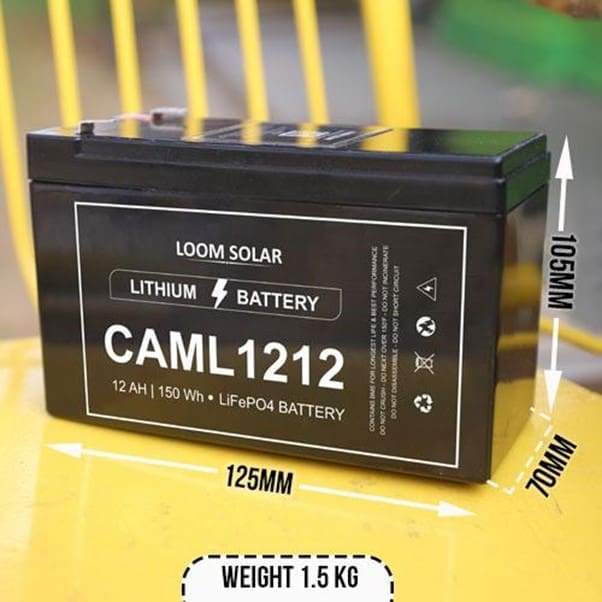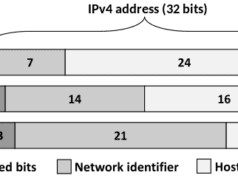The continuously changing nature of Mother Nature has been one of the main barriers to overcoming the shift from the burning of fossil fuels towards the full-scale use of solar, wind, and other renewable energies to fulfill our energy needs. The sun and wind provide more energy in a single hour than humans use in a year, yet the sun and wind aren’t always shining, and the wind isn’t constantly blowing.
The good news is that things are changing quickly. Not yet. We haven’t acquired the art of preserving constant sunshine or fresh air supply. However, a large number of businesses are working to create cutting-edge energy storage technologies as well as refine existing ones. In the near future, we’ll be able to store much of the clean, safe, and renewable electricity that the sun provides us, both directly and indirectly. There will be enough progress that we will be able to stop relying on limited fossil fuels, which are causing us more issues in the long term rather than solving them.
For the solar industry, what impact has the use of batteries had?
Solar electricity relies heavily on batteries. There is a lot of room for growth in the Indian market for the notion of “solar-plus-storage.” The best lithium battery is stored in the off-grid solar system, which may be utilized in a power outage. Solar batteries function as energy banks by storing the energy generated by the solar panels. This energy may be accessed at any moment in the future if needed. PV systems are not affected by power outages. Even when the sun isn’t shining, solar power can still be used. In a nutshell, solar batteries outperform any obstacle that stands in the way of maximum solar energy consumption.
How Do Solar Panel Batteries Work?
Because of the growing popularity of solar panels, more and more individuals are installing energy storage systems to make the most of their panels’ production when the sun isn’t shining and store energy in case of power outages or other disruptions to the grid. Solar batteries are used by some individuals to completely unplug from the grid.
The sun’s power recharges today’s solar batteries, much like any other rechargeable battery. Electricity is drawn from the batteries when unfavorable weather or the solar panels are not generating power. A power outage may have a significant impact on everyday life. Even though power outages and other setbacks might occur, an off-grid solar system can effectively counteract these issues.
2022 Price Forecast for Inverter Batteries in India
Exide, Luminous, Su-Kam, and Okaya are some of India’s most widely used and the best lithium ion battery manufacturers. C10-capacity solar batteries in Luminous range from 20 Ah to 200 Ah, with a 3-year and 5-year replacement guarantee.
The price per kWh of an inverter battery is Rs 32,000. A four-kilowatt system is sufficient for a typical home to function without relying on the grid. So you can figure out the entire cost of putting an Inverter battery in your house by doing the arithmetic. The average price of an inverter is between Rs. 5,000 and Rs. 6,000. The average cost of lithium-ion batteries would decline to Rs. 7521 ($100)/kWh in 2023, according to a forecast by IHS Market.
Conclusion
Now that solar panels have become more affordable than ever, you should know that you may get the best, the cheapest, or most efficient ones for your home solar system. Loom Solar’s solar panels in India are ready to be placed on your rooftop solar system.
Featured Image by Loam Solar




